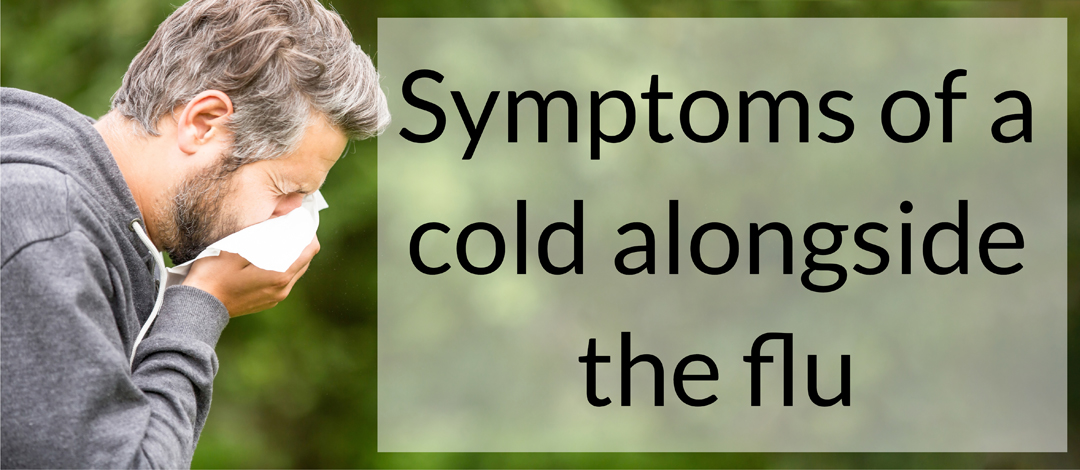While both are caused by a virus, the biggest difference is that the flu can be much more severe than a cold and lead to life-threatening complications including pneumonia, inflammation of the heart muscle and neurologic complications.
The common cold and the flu are caused by different viruses, however, they can have similar symptoms at first.
It can be difficult to tell the difference.
In general flu symptoms last longer than those of a cold.
Having the flu can include having a fever, chills, cough, sore throat, runny nose, muscle or body aches and pains, headaches and tiredness.
Some adults will also have vomiting and diarrhoea, though those symptoms are more common in children.
The severity of colds and flu vary with age and general health.
Flu in Ipswich
So far this year there have been 430 confirmed cases of the flu in the West Moreton Health region and 24 people have been hospitalised with the flu.
More than 9,345 influenza cases have already been confirmed across Queensland since the start of the year – more than triple the five-year average for the same period.
There have been 775 hospitalisations and 68 ICU admissions, state-wide so far this year.
Flu season generally peaks in August.

| Symptoms | Flu | Cold |
| Runny nose or nasal congestion | Rare | Common |
| Sneezing | Rare | Common |
| Sore throat | Common | Common |
| Fever | Common Temperatures between 38 °C and 40 °C Sudden onset | Rare |
| Cough | Common Sudden onset | Common Mild or moderate |
| Headache | Common Sometimes intense | Rare |
| Aches and pains | Common Sometimes intense | Rare Mild |
| Fatigue | Common Intense Duration: A few days, sometimes longer | Common Mild |
| Nausea and vomiting | Common in children Rare in adults Often accompanied by diarrhoea and abdominal pain in children | Rare Mild |
What to do if you have a cold or flu
Treat yourself at home by:
- getting plenty of rest and sleep (this means staying home from work or school)
- drinking plenty of fluids (particularly water)
- if you have a sore throat, eat soft foods that are easy to swallow.
Antibiotics don’t work against colds or flu because they target bacteria not viruses.
Over the counter medication can help relieve symptoms such as headaches, muscles aches and fever.
The advice from Queensland Health is to see your doctor or call 13 HEALTH (13 43 25 84) if you have a cough and high fever (38°C or more) that is not improving, trouble breathing, chest pain, or if you have any other concerns about your symptoms.
Residents at the most risk of complications include the elderly, young children, pregnant women, Aboriginal and Torres Strait Islander people and people with medical conditions such as heart or lung diseases and diabetes.


How to stop the spread
Home is the best place to be if you have a cold or flu limiting contact with other people.
Reduce the risk of spreading cold or flu viruses by:
- get vaccinated to greatly reduce your risk of contracting the flu
- cough or sneeze into a tissue and then throw it away immediately after use, or cover a cough or sneeze with your elbow
- wash your hands regularly with soap and water, especially after you sneeze, blow your nose or cough
- wash your hands before handling food or drinks
- and stay at home as soon as you notice symptoms of the flu.
Free vaccines are available for:
- pregnant women during any stage of pregnancy
- people 65 years of age or older
- all Aboriginal and/or Torres Strait Islander people six months of age and older
- people six months of age or older who have certain medical conditions which increase the risk of influenza disease complications.
- children from six months to under five years of age.
Ipswich City Council provides a free community immunisation clinic to eligible residents.
Click here to find out where Ipswich City Council’s community immunisation clinics are being held.


